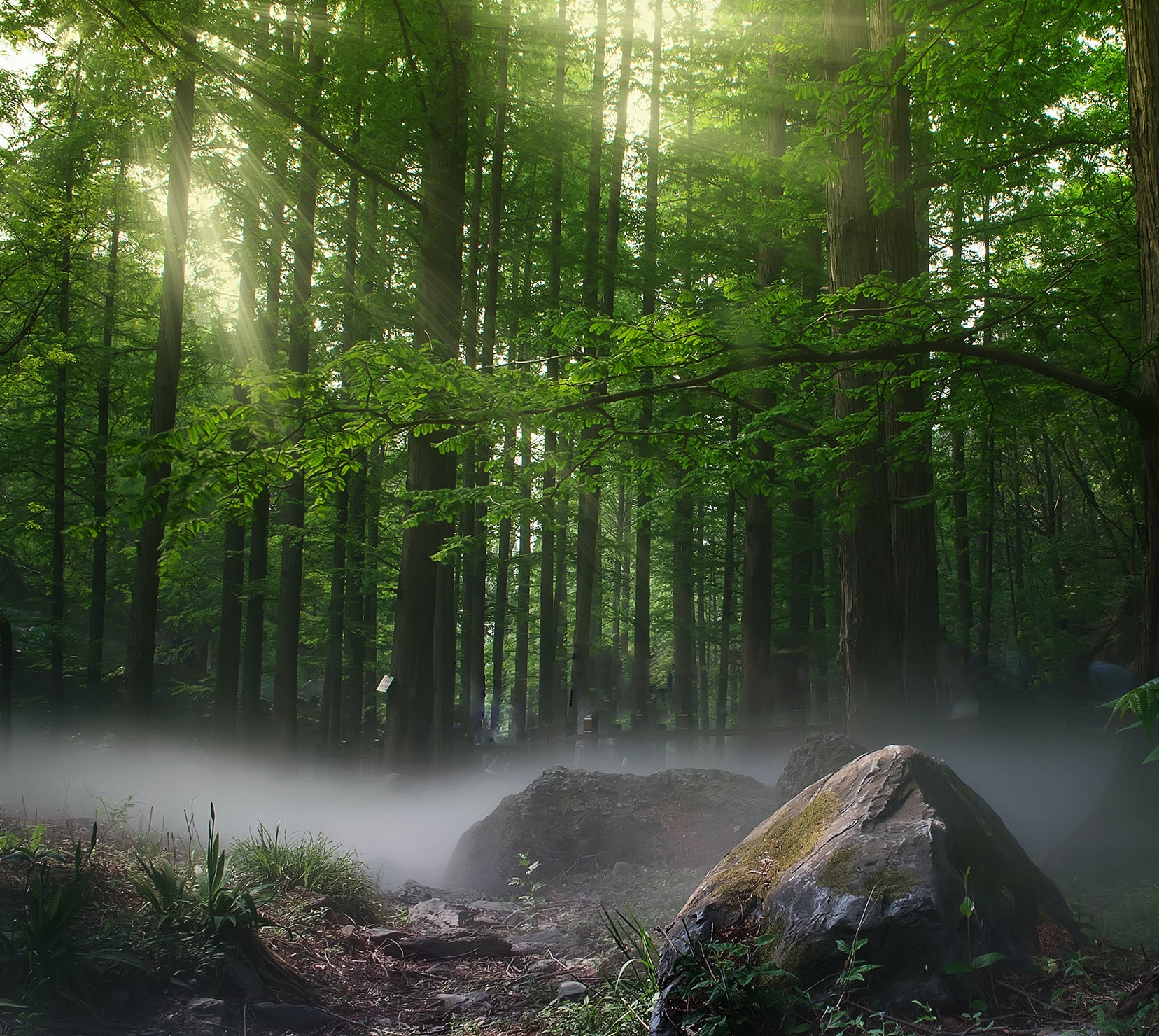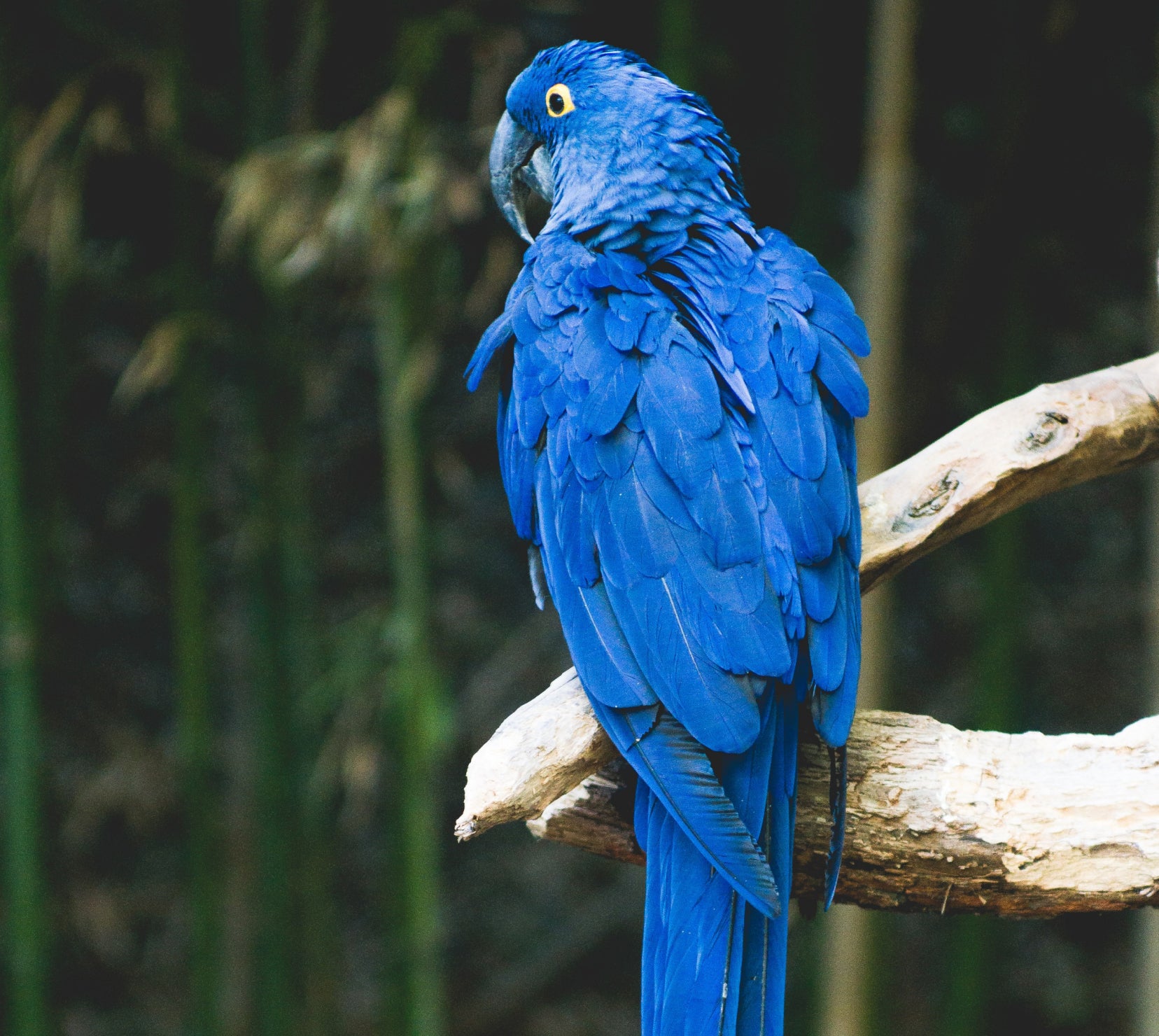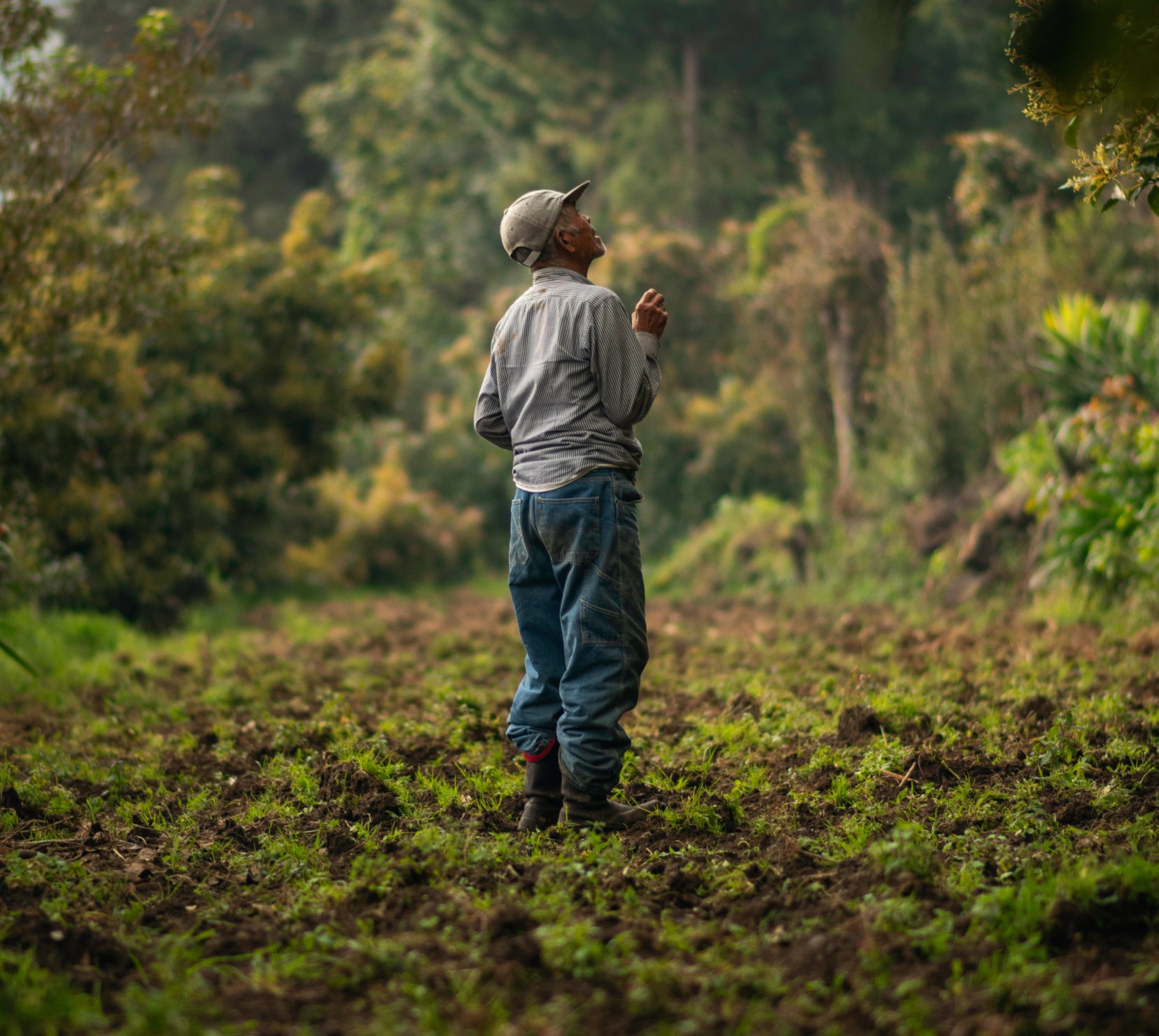Hi, !
From your account bulletin board you have the ability to see a snapshot of recent account activity and update your account information. Select a link below to view or edit the information.



Together with offsetting the carbon footprint tied to its corporate activities, the Piquadro Group has made another important commitment
to environmental sustainability by offsetting the CO2 emissions tied to the production of the best-selling products of the three brands.
Piquadro is therefore one of the first companies in the world to have made this commitment, and not only in its sector.
The CO2 emissions generated by the green products lines have been calculated based on the GHG protocol. They were then offset based on the production with an extra 15% to cover any calculation errors through Verra VCS standard-certified carbon credits that support the Floresta Verde deforestation prevention project. This operation will be repeated every year.
Verra Certificate - Business Activity Offset 24/25 Verra Certificate - Product Offset to 31/03/25 Verra Certificate - Product Offset to 31/03/24*
*Receivables related to the offsetting of some of the Group's products. Receivables related to the offsetting of some of the Piquadro brand products amount to 2239